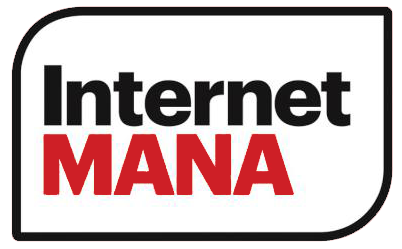Policy | Disability Issues
MANA will work to ensure that disabled peoples’ rights are protected and promoted; that they have the same rights as others to be treated with dignity and to have full and equal access to healthcare, high quality education, fulfilling work, an adequate standard of living, appropriate housing, freedom from discrimination, the transmission of language and culture, and full and effective participation in society. The state is legally obligated to take active steps to fulfill these rights and to make sure others do not interfere with them.
In Aotearoa, one in five people are disabled and Māori have higher rates of disability and face extra barriers, including racial discrimination and lack of access to culture. Disabled people often experience disadvantage in employment, education, income and standard of living, access to public transport, and access to health services. They also often face numerous barriers including inaccessible building design and provision of information, service delivery in places or ways that don’t meet their needs, and negative attitudes and behaviours. These disadvantages and barriers also affect the whānau of disabled people, and those who love and care for them.
MANA policies across all portfolios aim to increase the wellbeing and living standards of disabled people and support their right to participate in society.
MANA policy priorities are to:
- Ensure equal rights and access to justice for disabled people
- Enshrine the UN Convention on the Rights of Persons with Disabilities (UNCRPD) in domestic legislation.
- Ratify the UNCRPD Optional Protocol to enable disabled people whose rights have been breached to take cases directly to the UN.
- Promote the development of anti-discrimination legislation.
- Promote full participation of disabled people in creating an inclusive Aotearoa
- Increasing the visibility, voice, and participation of people with disabilities in central, regional, and local government across all sectors, including governance, planning, policy, research, and service provision – and increase the resources available to enable this to happen.
- Build the research capacity of people with disabilities, across all areas, to increase control and influence over policy and planning, and to monitor progress.
- Enforce accessibility standards in the provision of transport, housing and the built environment, and information and technology.
- Improve the standard of living for disabled people and their whānau
- Introduce a non-means tested benefit to meet the costs of disability of all disabled people.
- Introduce a support payment for any family member caring for a disabled relative, including veterans, and at the same rate as professional caregivers.
- Remove the inequity in access to services and healthcare between ACC and Ministry of Health clients, bringing all recipients to the higher level of access to resources.
- Abolish the minimum wage exemption permit and ensure meaningful jobs are available to all disabled people.
- Ensure all disabled people are educated alongside their peers in properly resourced learning environments.
- Increase the options for disabled people to use affordable and accessible community facilities to maintain fitness and wellbeing.
- Improve access to culture and language
- Promote the development of accessible marae and cultural facilities.
- Increase the use of New Zealand Sign Language in public life including support for the ongoing development of Māori signs.
- Ensure disabled people receive the support in the place they want, from the people they want, in the way they want, and in a culturally appropriate manner as determined by them and their loved ones
- Ensure health, disability, and service staff are properly trained and provided with ongoing professional development, especially in cultural competencies, and that competencies are audited.
- Provide fair payment for support workers, including making NGO staff rates comparable with DHB staff rates and payment for travelling time.
- Include disabled people and their whānau in developing ways to monitor the quality and performance of health and social services.
- Increase the availability of services and facilities for long term and short term care and residential living that are age and culturally appropriate for diverse groups of Māori, Pacific, and other peoples.
- Increase community-based rehabilitation services.


